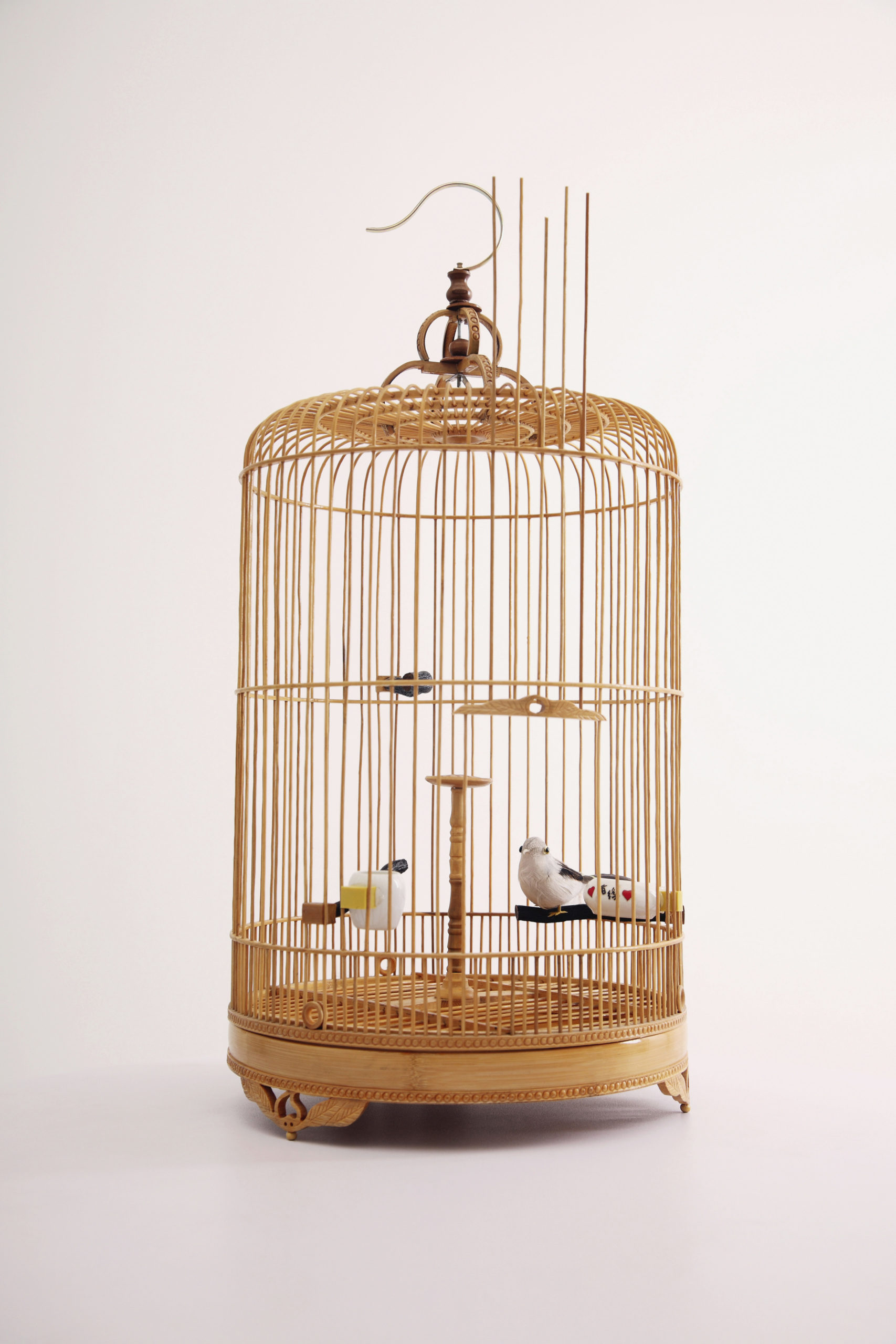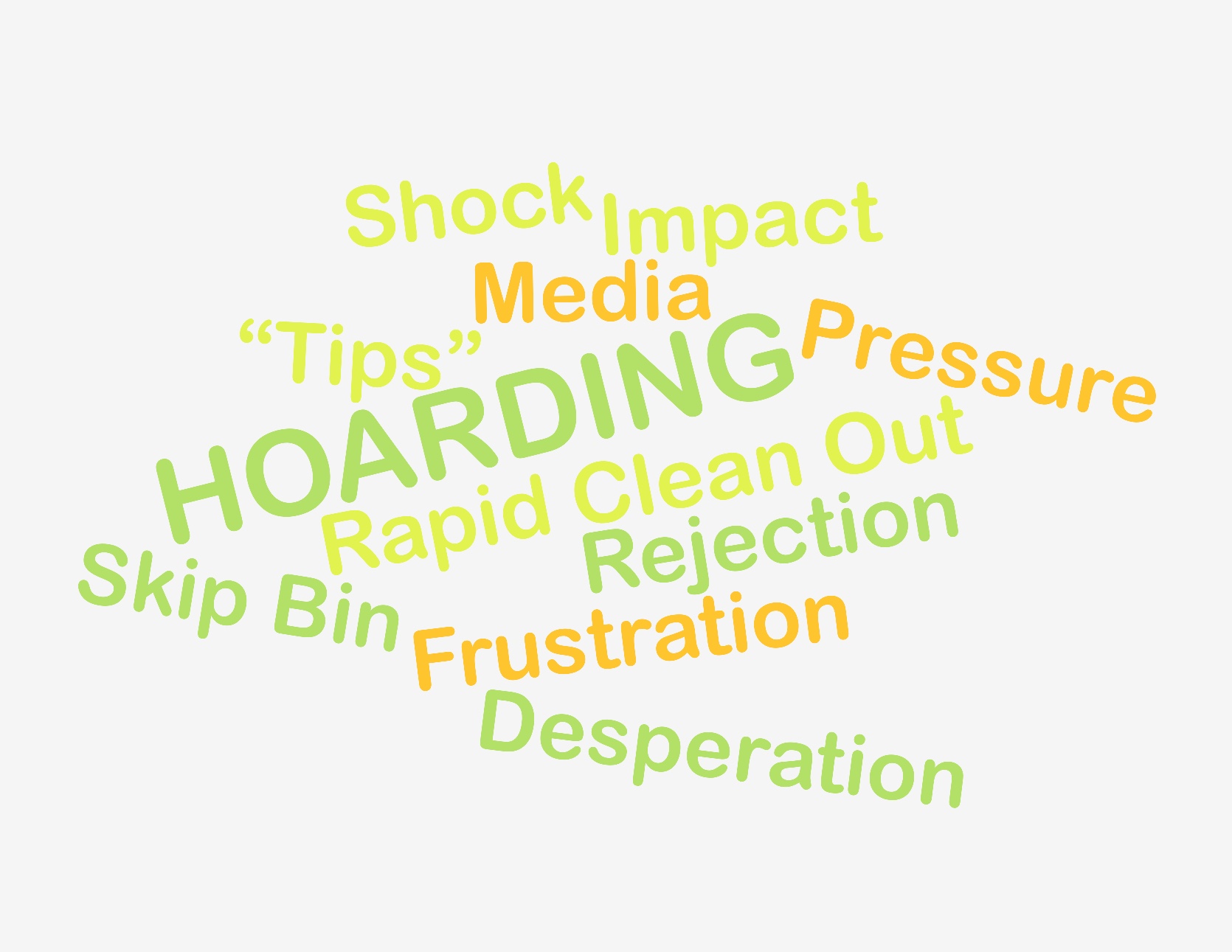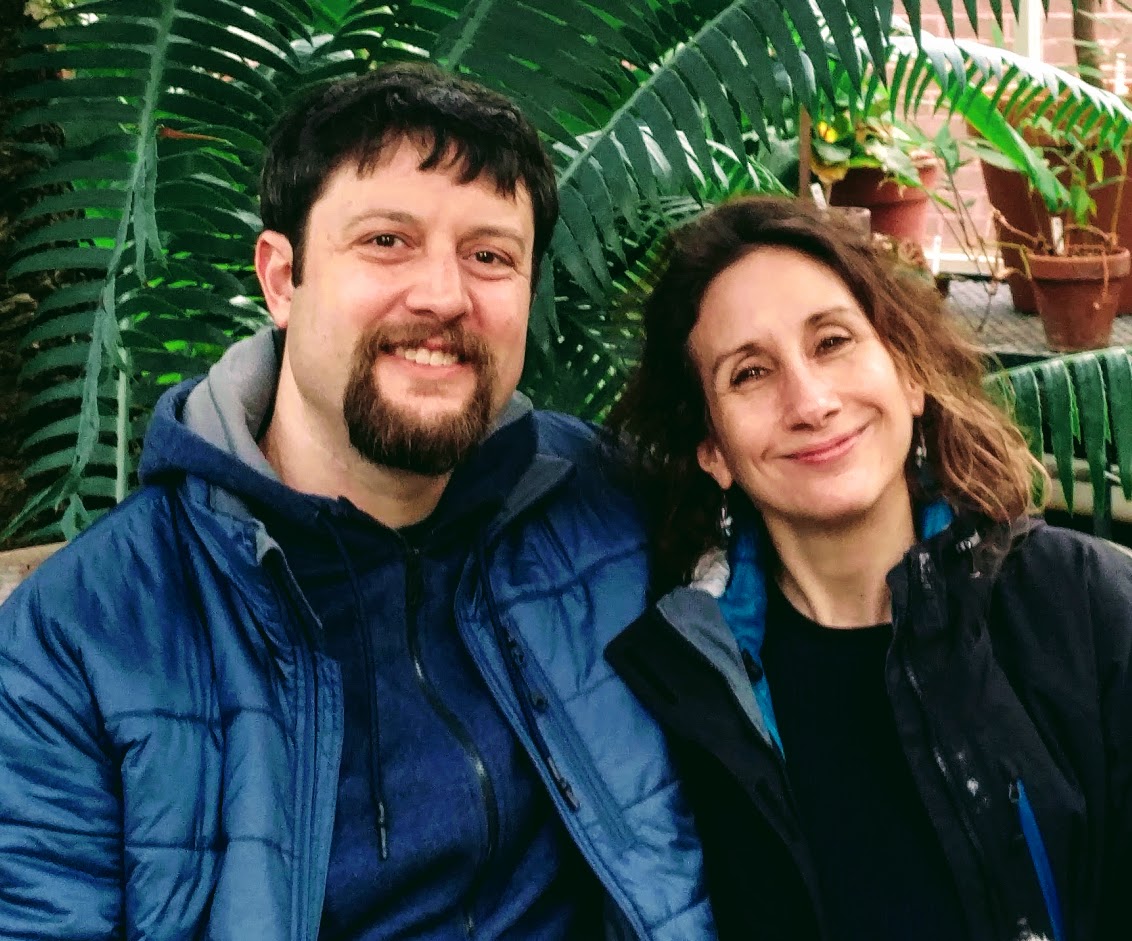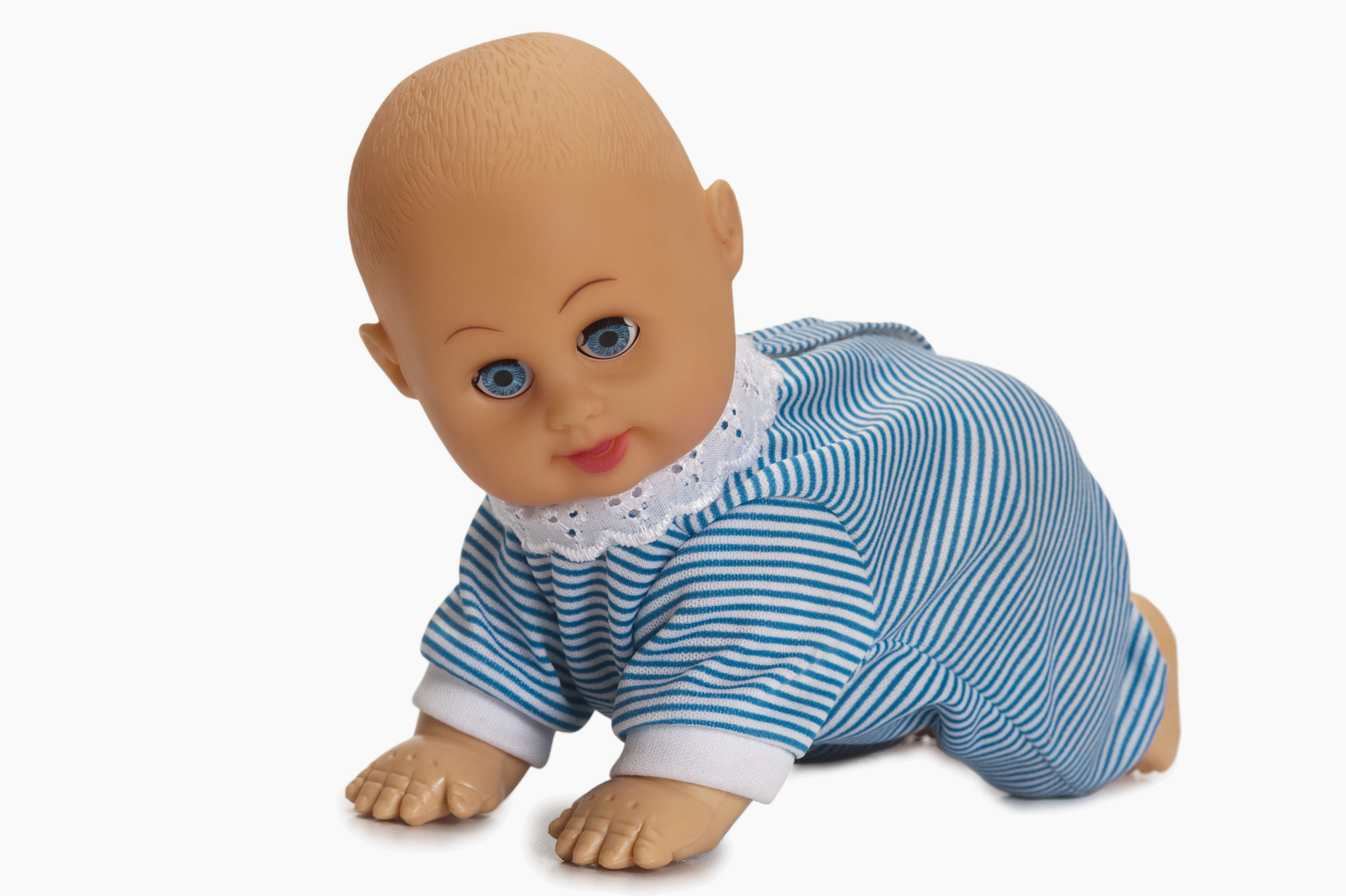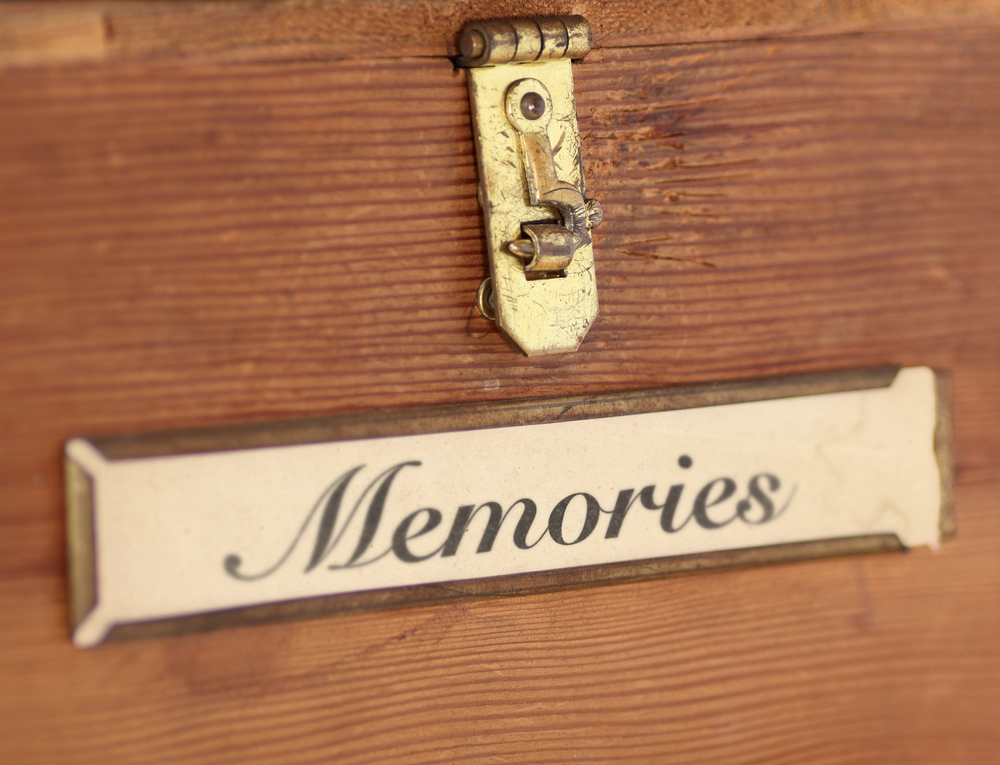 Last Saturday, just 34 hours before the lockdown on Melbourne’s arts hub went into effect, I watched Torch the Place, a play about compulsive hoarding disorder. “Watched” is not really an apt word. I was immersed in it. I was transported to the homes of many of the people who hoard that Wendy Hanes and I – and those we’ve trained – have worked with. The playwright, Benjamin Law, has his own lived experience of hoarding and it shows. He clearly knows the subject well. It’s also clear that he understands human nature, the power of language and the value of storytelling.
Last Saturday, just 34 hours before the lockdown on Melbourne’s arts hub went into effect, I watched Torch the Place, a play about compulsive hoarding disorder. “Watched” is not really an apt word. I was immersed in it. I was transported to the homes of many of the people who hoard that Wendy Hanes and I – and those we’ve trained – have worked with. The playwright, Benjamin Law, has his own lived experience of hoarding and it shows. He clearly knows the subject well. It’s also clear that he understands human nature, the power of language and the value of storytelling.
The play focuses on one family’s efforts to keep their mother safe. Each adult sibling responds in their own way to their mother’s hoarding behaviour and the resulting extreme clutter. As the story unfolds we get to peek into the reasons people hoard. The quirky reasons for acquiring non-essential items, the illogical reasons people who hoard cling to their possessions, and the dire safety hazards resulting from dysfunctional spaces are all touched on. One of my favourite lines: “Don’t touch that. It could be a load-bearing box!”
This play was not a one trick pony. Other themes were explored, alongside hoarding disorder. There were layers, as there always are in life. Grief, anxiety and conflict affects everyone. For the mother at the centre of this family those emotions result in hoarding disorder.
Many solutions are explored with varying degrees of success. Even the final solution is not entirely successful. As we know, clutter is only a symptom of the problem and clearing the clutter does not fix the problem.
(Please forgive me for being vague about the details of the plotline. I don’t want to spoil it for you. And I really want you to see Torch the Place when you get the chance. Hopefully once the lockdown of Melbourne’s theatres is over, you will get the opportunity.)
The current global crisis shows us that many are experiencing increased anxiety levels. We see that when people are challenged, they respond in different ways, sometimes irrationally. Keep that in mind when you consider people who hoard.
Written by Angela Esnouf

